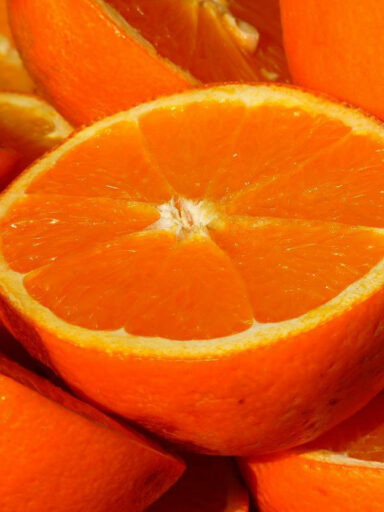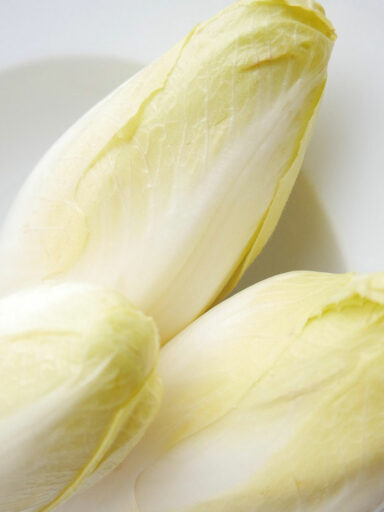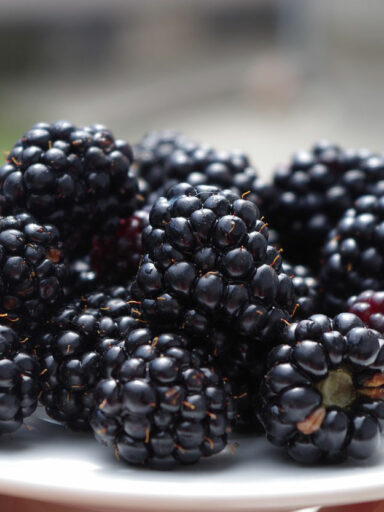Oregano herb is a perennial plant with medicinal properties. Its name means “delight of the mountains” in Greek where it is native to and the rest of the Mediterranean region.
It belongs to the same family as mint. In some areas, it is synonymous with Wild Marjoram which we differentiate with another closely related variety more commonly referred to as Sweet Marjoram.
It grows to about 20–80 cm (7.9–31.5 in) tall. The shrub is filled with branches and produces grayish olive green oval leaves with white and pinkish-purple flowers. It is popular in Italian cuisine as well as Greek cuisine.
The plant has a slightly bitter taste and a warm aromatic flavor, with some varieties having a sharp flavor.
This herb is available fresh or dried from the market. Like other herbs, the fresh form has a stronger flavor and scent. The fresh herb is also richer in essential oil, anti-oxidants, and vitamins such as vitamin C and beta-carotene.
Fresh leaves should be stored in a refrigerator in an airtight plastic bag. Dried leaves can be stored for months in a cool dark and dry place in an airtight container.
Culinary Uses of Oregano
The best herb is from the fresh leaves which should be glossy vibrant and green. The connective stem should be firm. There should be no discoloration, yellowing, scars, or fungus on the leaves.
Use the leaves just before preparing your dish. It is popular in dishes around Mexico and Mediterranean regions, to be more precise, Italian-American cuisine. It is an essential flavoring agent when preparing pizzas and it has come to be known as the pizza herb. It is also used in meat dishes, fish, and chicken. The herb also marries well with cheese dishes.
Other areas where it is popular include the Philippines, Turkish, and Latin American cuisines.
It is also common to find it in soups and sauces as well as in omelet eggs. It goes well with dishes containing tomato as a primary ingredient. It can also end up well in a fruit salad or vegetable salad.
Health and Nutritional Benefits
The leaves and stems tend to have antiseptic, antibacterial, and anti-fungal properties. It treats colds, mild fever, indigestion, and stomach upsets.
Oregano contains no calories but comes with plenty of vitamins and minerals. It contains large amounts of folates, pyridoxine, vitamin A, vitamin C, vitamin E, and vitamin K. It is also packed with the B-complex vitamins, niacin, riboflavin, and thiamin.
The minerals abundant in this herb include calcium, potassium, and copper. It is very rich in iron and manganese. It is also a source of zinc and magnesium.




